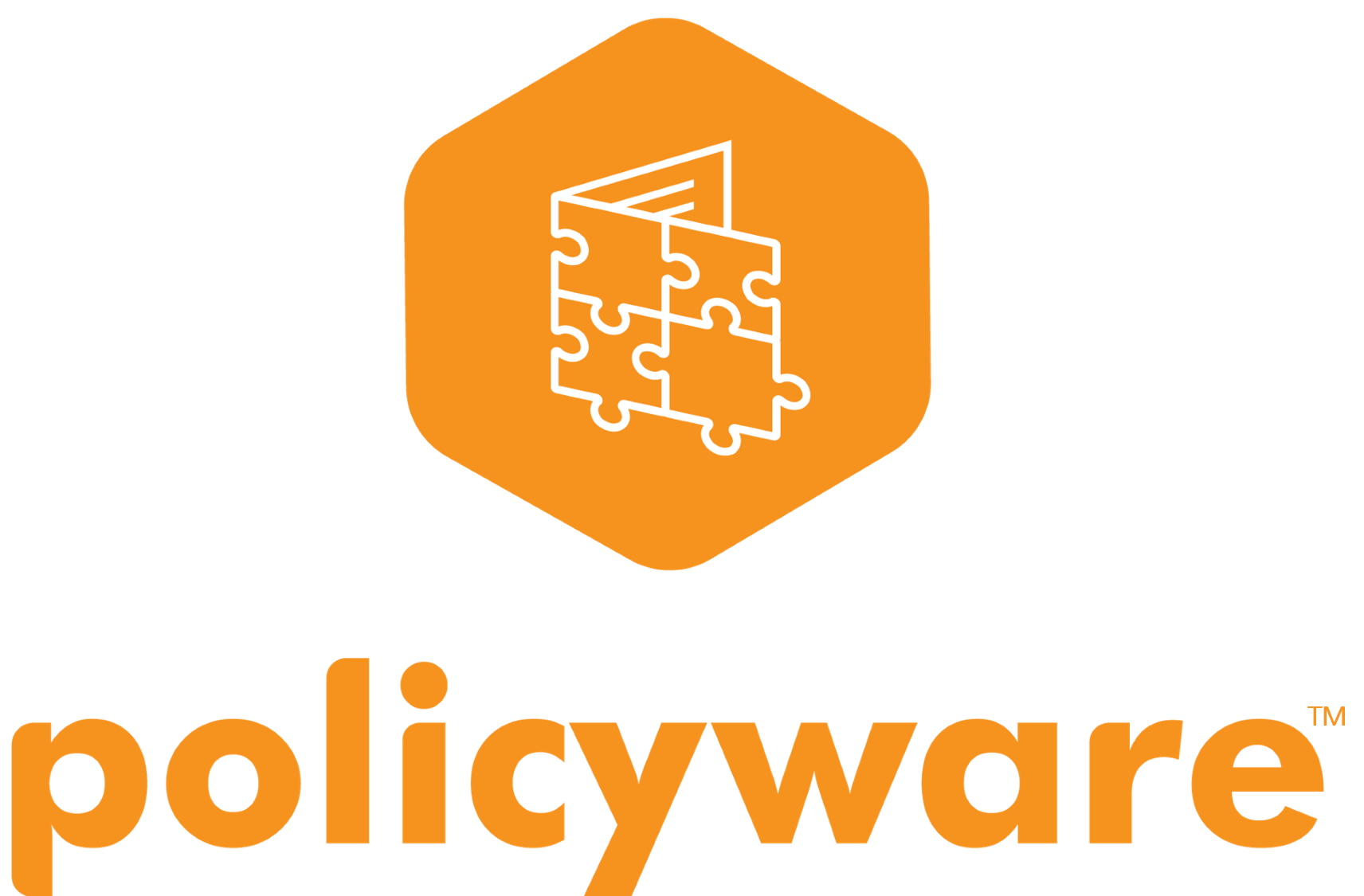- We work with State Bar Associations on CLE applications. We can't guarantee where we will be approved or how many hours we will be approved for, but we can provide an estimate based on our experience.
- If we are unsuccessful in obtaining CLE credit for you, we'll refund the $160 CLE fee in full.
We charge a small administrative fee of $160. This fee consists of the prices the state boards charge us and our administrative fee. The cost of CLE credits is included when you complete the full 5 CLE credit deep dive or a 1 CLE credit module.
Complete the full deep dive and earn 5 CLE Credits.
Many of the people who purchase our deep dives are reimbursed by their employers. Click on the button or go to the Reimburse Me tab for a letter you can use to seek reimbursement from your employer.
CPD stands for Continuing Professional Development, and is issued by the CPD Certification Service in the UK, a world-leading certifier of professional development courses. Upon completion, your Policyware certificate will also be CPD certified. CPD certification is recognized by many employers globally.
Guaranteed Security using one of the most advanced encrypted systems on the market.
The information in this page is being processed and encrypted securely using industry-leading encryption and fraud prevention tools.
Thank you!
